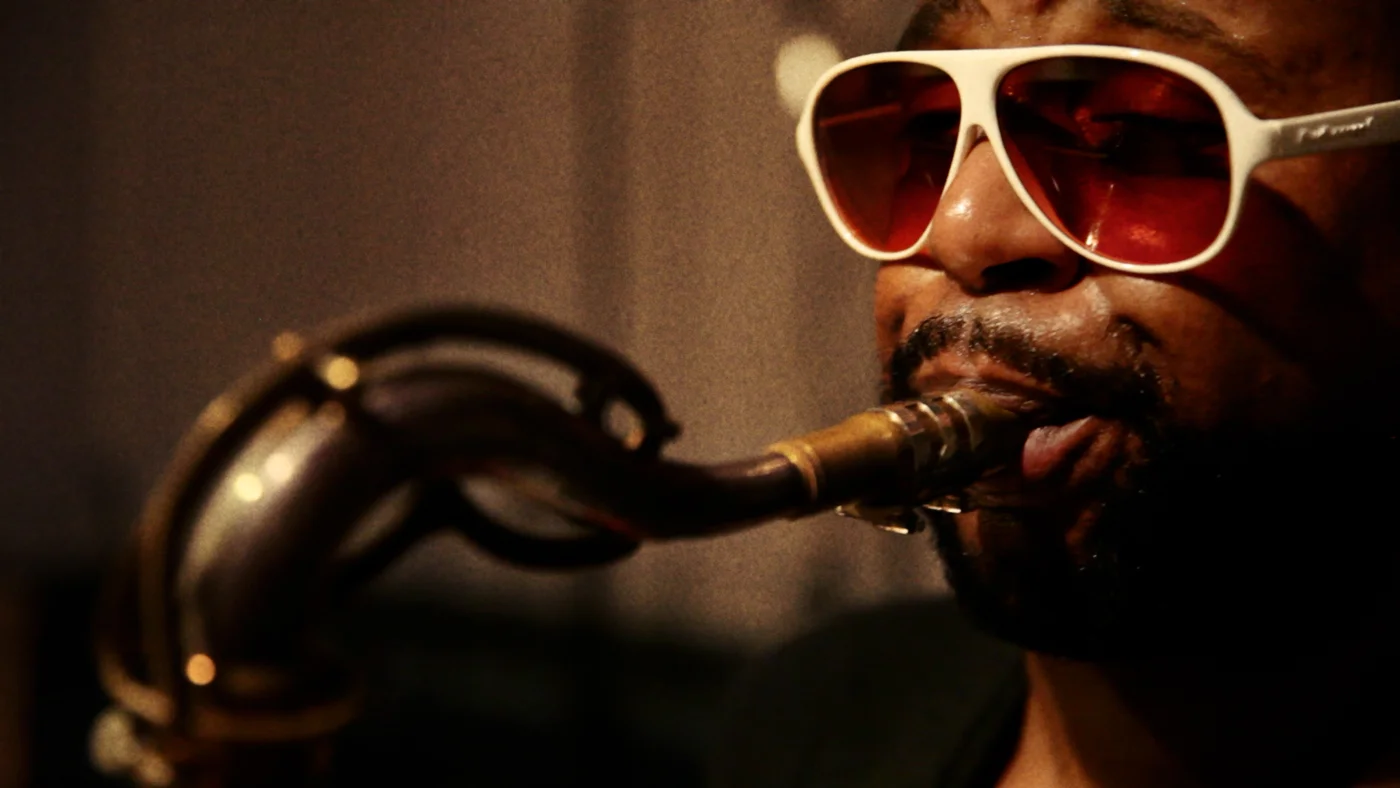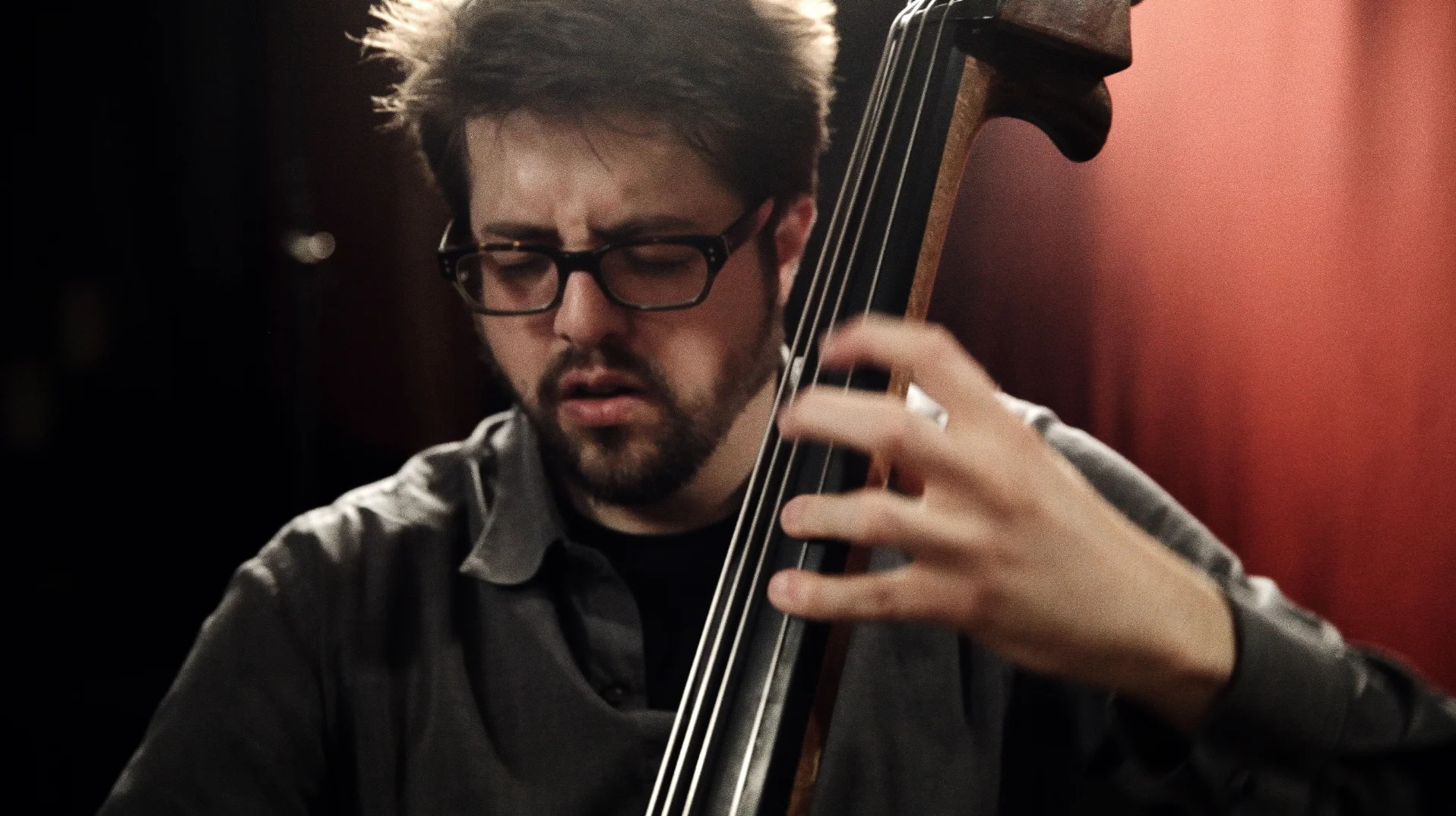READING
The Death and Life of Great American Cities by Jane Jacobs (reading now)
A classic. Enjoying it very much.
The Power Broker: Robert Moses and the Fall of New York by Robert A. Caro (to read)
A formidable 1100 pages in small type. Will try to read, but with all the other things, I'm not very optimistic.
How to Lie With Maps by Mark Monmonier (to read)
Recommended by a friend.
Triumph of the City: How Our Greatest Invention Makes Us Richer, Smarter, Greener, Healthier, and Happier (Edward Glaeser) (to read)
Assigned as summer reading by CUSP.
The New Science of Cities by Michael Batty (to read)
Nothing to say yet, but the title seems like it could be useful.
Urban Ecology: Science of Cities by Richard T. T. Forman (to read)
Nothing to say yet, but the title seems like it could be useful.
The Signal and the Noise: Why Many Predictions Fail, But Some Don't by Nate Silver (read)
A lively and easy analysis of what types of processes can be predicted or forecast and what types evade modeling efforts with examples in politics, climate, economics, sports, and gambling.
Thinking in Systems: A Primer by Donella Meadows (read)
Read a couple of years ago. An easy and intuitive introduction.
Why Nations Fail: The Origins of Power, Prosperity, and Poverty by Daron Acemoglu and James Robinson (read)
Acemoglu and Robinson make a case that inclusive political institutions lead to good socioeconomic outcomes and describe the processes that form these institutions: institutional drift and critical junctures. A fascinating and lively read.
Land of Promise: An Economic History of the United States by Michael Lind (read)
My first real introduction to American history. Lind tells the story through the lens of the fractious and ever relevant debate of the role of government in the economy.
Complex Adaptive Systems by Scott E. Page and John H. Miller (partially read)
Interesting, but I haven't read enough to tell more.
The World That Made New Orleans by Ned Sublette
A wonderful cultural history passionately written by a musician and musicologist.




























